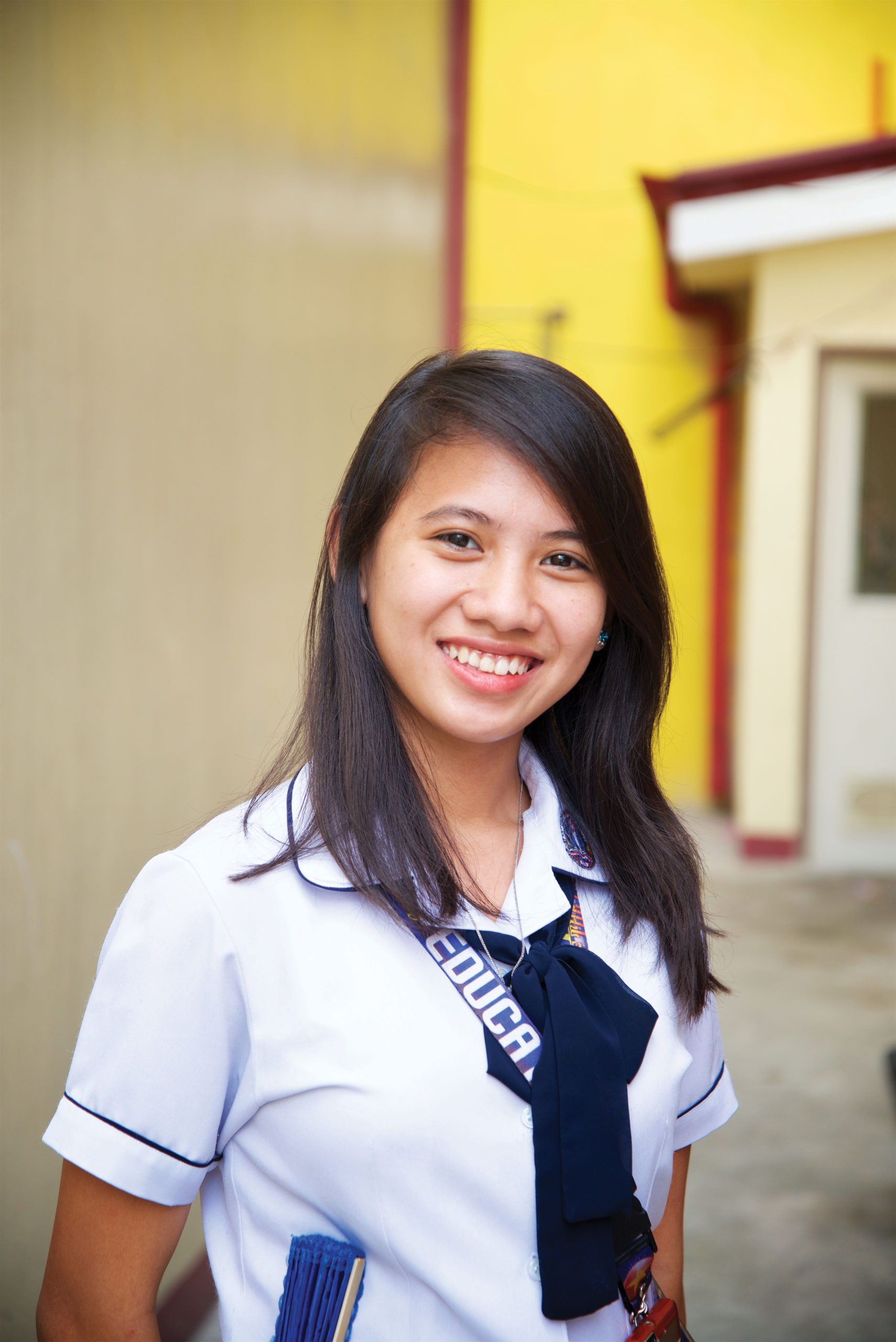Sponsorship empowered Usha to finish her education. Today, she teaches another generation of Holt-sponsored kids.

On a mid-summer day in Pune, India, a group of teenagers sit in quiet meditation. They have gathered at the DEESHA — a Holt-supported community center that occupies a single, classroom-sized space in the heart of the slums. For the children of this community, the DEESHA is an escape from the constant struggles and needs of their families. It is a sanctuary where they can just be kids, and where they find the guidance, compassion and support they don’t always receive at home.
Among the DEESHA staff, one woman in particular has a special understanding of what life is like for children growing up in the poverty of Pune slums.
![2[2]](https://holt-website-wpoffload.s3.us-west-2.amazonaws.com/wp-content/uploads/2016/05/221.jpg)
Ten years ago, Usha joined the DEESHA as a Montessori schoolteacher. But long before that, Usha was just a child herself, living with her mom and two sisters in the same community where she now works. At a time in India when most lower-income families would pull their young daughters from school to begin working, Usha’s mom urgently wanted her daughters to become educated. So she reached out to Bharatiya Semaj Seva Kendra (BSSK) — Holt’s long-time partner organization — and BSSK enrolled her daughters in educational sponsorship.
In the early 1980s, completing the 10th grade was a major achievement for a girl from the slums. “A very small percentage [of girls] completed their education until 10th grade in the lower socio-economic strata,” explains Vaishali Vahikar, BSSK’s director of sponsorship. “The girls were married off or made to leave school.”
In the early 1980s, completing the 10th grade was a major achievement for a girl from the slums.
Usha was not satisfied with a 10th-grade education, however. To cover her school fees, she found a job working as a caretaker for an elderly woman. And once she graduated from the 12th grade, Usha enrolled in tailoring and computer courses to help her start a small business.
![1[4]](https://holt-website-wpoffload.s3.us-west-2.amazonaws.com/wp-content/uploads/2016/05/14.jpg)
But she never forgot where she came from. And in 1999, she returned to BSSK with a desire to work with disadvantaged children. Today, Usha often shares her story with the girls at the DEESHA. “They feel her to be one of them,” Vaishali says. And in many ways, they are just like Usha. Although India has seen dramatic change in the 30 years since Usha was herself a sponsored child, many gender inequities remain — and girls from poor families continue to face obstacles to their education. But they have a strong role model in Usha, and a powerful ally in their sponsors.
“Thank you to the sponsor for the opportunity they gave me to enlighten my life.”
Usha, former sponsored child
Usha also recognizes the vital role that her own sponsors played in her life. If she could talk to them now, she would express her gratitude for empowering her through education. “Thank you to the sponsor,” she says, “for the opportunity they gave me to enlighten my life.”

Send a Child to School
The gift of a scholarship covers tuition for one student to go to school for one year.




